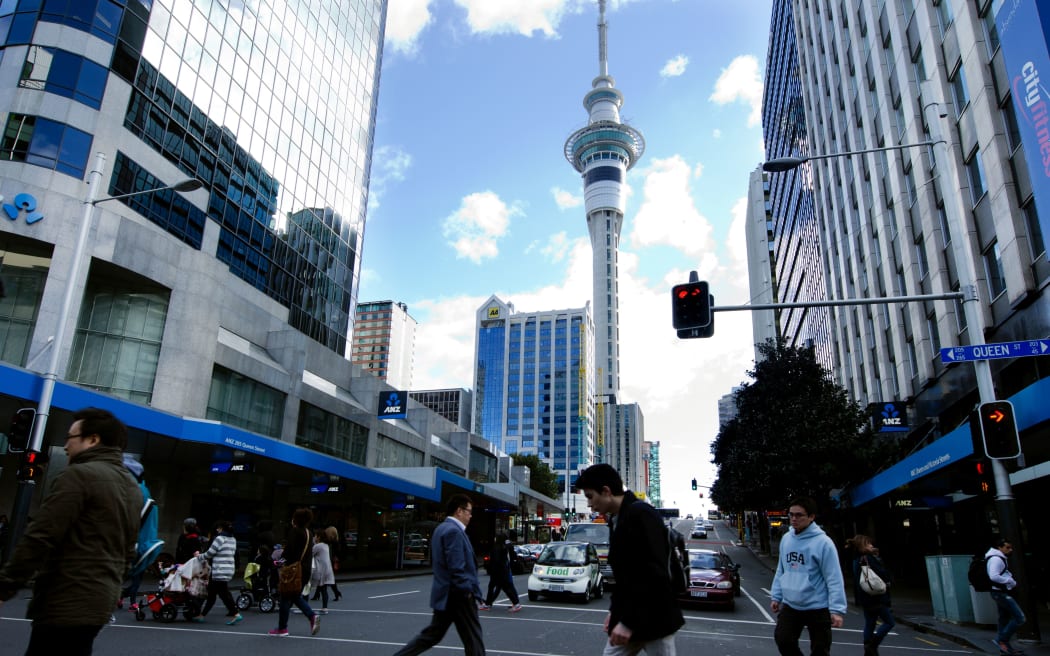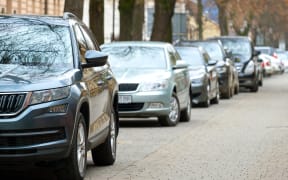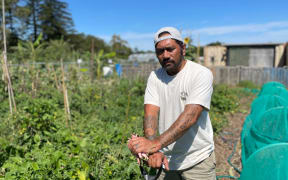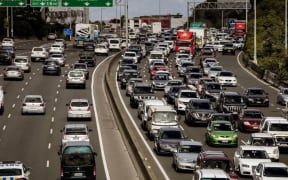Auckland has come in below average in an international study on sustainable living.

Photo: 123rf.com
The Global Healthy and Sustainable City study, published by the journal Lancet Global Health, compared 25 cities in 19 countries.
Researchers from more than 30 universities used standardised methods to assess policy settings, urban design and transport in Maiduguri, Mexico City, Sao Paulo, Baltimore, Phoenix, Seattle, Hong Kong, Chennai, Bangkok, Hanoi, Graz, Ghent, Bern, Olomouc, Cologne, Odense, Barcelona, Valencia, Vic, Belfast, Lisbon, Adelaide, Melbourne, Sydney, and Tāmaki Makaurau.
They used indicators such as population density, street connectivity and proximity to public transport and food, to assess the health-supporting nature and sustainability of each city, and pinpoint inequities in access.
Together they were able to identify thresholds for urban design and transport that would increase active transport and promote health.
The study shows only one-in-five neighbourhoods in Tāmaki Makaurau meet density and street connectivity thresholds to achieve World Health Organisation targets on increasing physical activity.
While most residents have some public open space within 500-metres of home, this drops to two-thirds with access to larger parks.
And while there are sufficient bus stops, the frequency of services is low, which deters use of public transport..
AUT professor of physical activity and the environment, and contributing author of the study, Erica Hinckson, said while there are sufficient bus stops, the number of services is low, which deters use of public transport.
''We need to make more routes available and more frequent so at the end of the day people will change behaviour if those modes of transport being provided to them were easy and convenient and safe.''
Only 56 percent of Aucklanders have access to bus stops with regular services.
Hinckson said the city needs to look at how it designs new developments so there is more emphasis on amenities and services.
''It is not just about housing, it is about ensuring we have amenities, services and parks.''
She said although most cities had aspirations to be healthy and sustainable, many of them lacked the measurable targets to achieve these aspirations.
Researchers also developed tools that can be used by other cities to benchmark and monitor their progress towards being healthy and sustainable.
"These new indicators can provide policy direction for cities looking to reimagine themselves after the Covid-19 pandemic," Hinckson said.
"Healthy and sustainable cities have never been more important or urgent. Covid-19 has highlighted the vulnerability of our cities, and climate change risk is increasingly self-evident. The need for policy reform is critical and this research shows what is needed."





